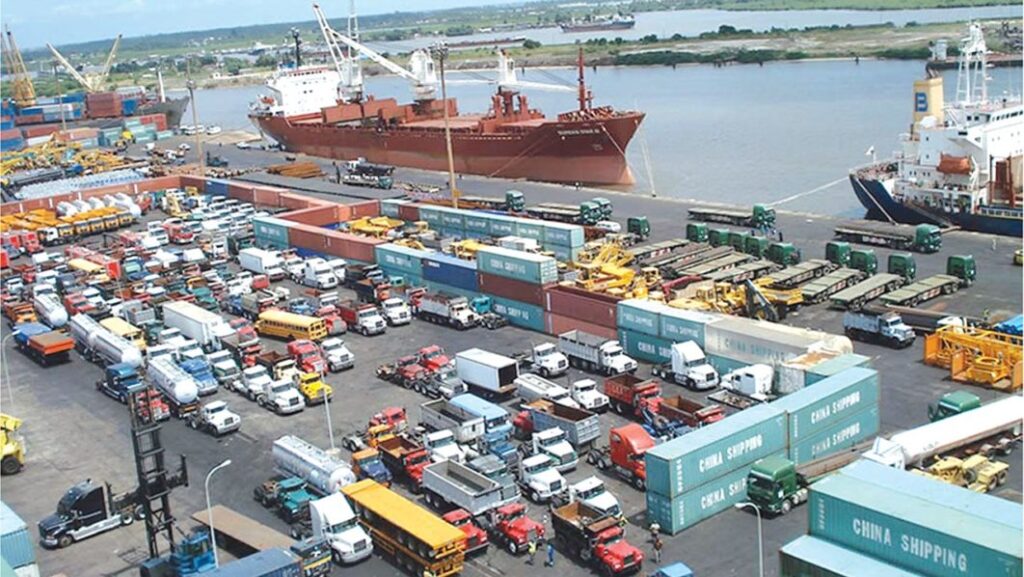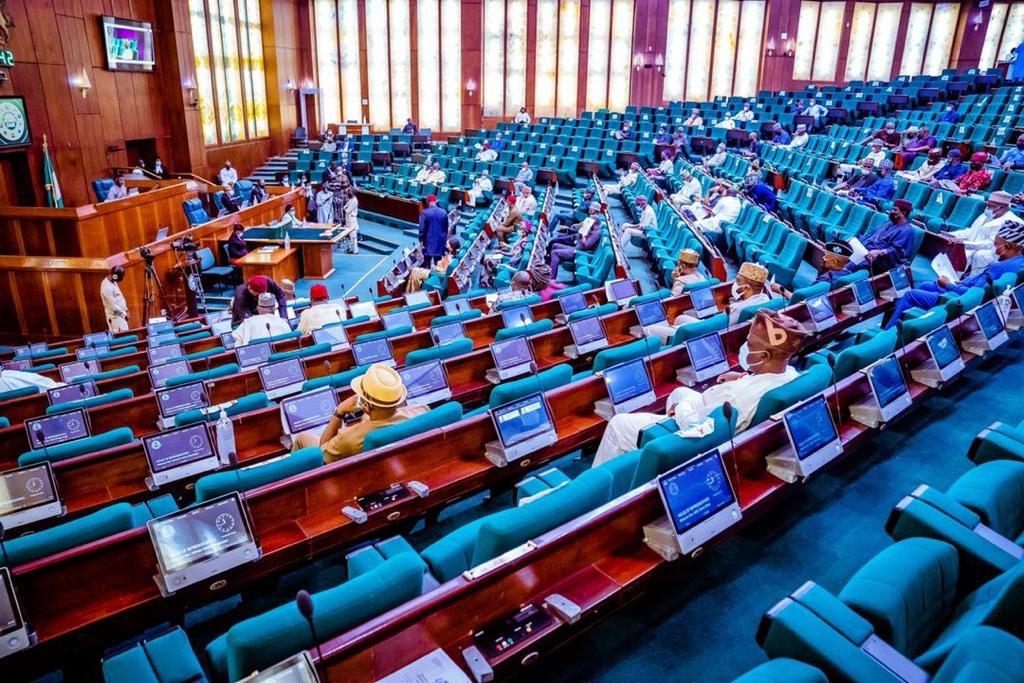
Nigeria’s ports are reportedly losing an estimated $7 billion each year due to operational inefficiencies and poor management.
This alarming figure was revealed by Hon. Julius Ihonvbare and Hon. Ibrahim A. Isiaka, two members of the House of Representatives, during a joint motion at a recent plenary session. They noted that only about 10% of West African imports, out of the 60% intended for the coutry, actually reach the country’s seaports, with the rest being diverted to neighboring countries.
The lawmakers emphasized the need for a thorough investigation to identify the shortcomings and potential opportunities that the country is missing out on each year.
As a result, the House decided to task its Committees on Ports and Harbours, National Planning and Economic Development, Maritime Safety Education and Administration, and the Nigerian Shippers’ Council with the responsibility of investigating the issues preventing the full economic benefits of the country’s Ports and Harbours and other Blue Economy sectors.
READ ALSO: Robert Clarke: Nigeria’s Troubles Stem from 1999 Constitution
Hon. Ihonvbare, while presenting the motion, highlighted the importance of the maritime sector to the survival of Nigeria’s economy. He expressed regret over the underutilization of the seaports, which he believes could significantly boost the country’s revenue and gross domestic product (GDP).
He stated, “the country’s seaports receive barely 10% of West African imports out of 60 percent destined for Nigeria, a significant economic loss due to poor management and inefficiencies estimated to cost $7 billion annually.
“Most ships bringing goods to Nigeria prefer to go to other ports order than Nigerian ports. Indeed the Benin Republic benefits from Nigeria’s large market, while Cotonou remains a popular importer’s haven; huge trade cargoes are lost to Togo and other neighbouring countries from where they are offloaded and transshipped to Nigeria due to Poor shipping connectivity and shallow drafts of the port channels which lead to trade cargo losses, estimated to be N250 billion in 2016 alone.”
He voiced his concerns over Nigeria’s failure to provide sufficient infrastructure to alleviate the pressure on Lagos ports and questioned why the ports in Calabar, Port Harcourt, Warri, and Koko have not been developed to serve as attractive options for importers in the region. He pointed out that the lack of adequate infrastructure and capacity in the burgeoning cargo and maritime industries is a major problem.
He noted that Nigeria’s Apapa Port in Lagos, which used to be a leading port in West Africa, has lost its position due to congestion and subpar services offered to shippers. The Port of Lomé, with a capacity of 1.1 million twenty-foot containers, has surpassed Lagos Port thanks to modernization reforms that tripled its capacity from 311,500 containers to 3.1 million, thereby transforming Togo’s Port of Lomé into a regional transit hub.
He said, “Nigeria’s Apapa Port, Lagos, which handles about 1 million TEU annually, lost 30 per cent of its container traffic over five years due to several factors bedevilling its inability to deliver efficient services to cargo owners; this explains why Nigerian ports have remained inefficient over the years.
“Nigeria’s major seaports in Lagos do not have deep draughts to handle bigger vessels, while modern seaports in Port of Lomé have a depth of 16.60 meters and capacity to accommodate third generation ships, Apapa port operates with a 13,5 meters draught that can only allow vessels with about 4,000 TEUs of containers to call the port.”








Leave a Reply